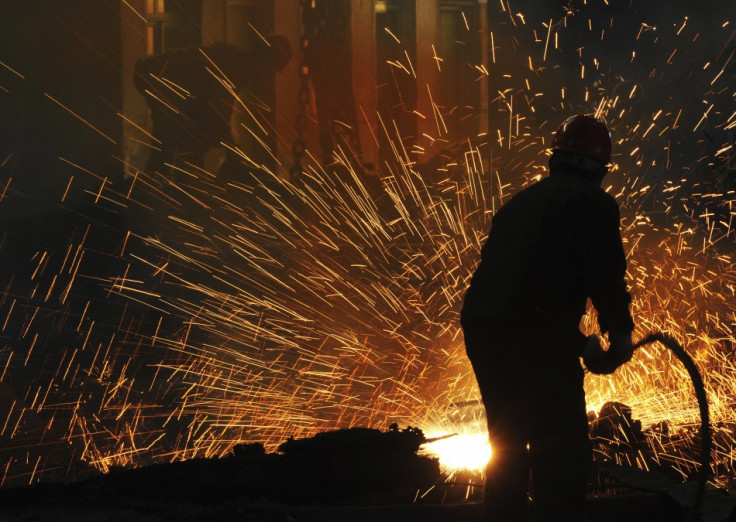UK economy faces anaemic growth for foreseeable future, think tank warns
EY Item Club predicts UK economic growth to slow to 0.8% in 2017.
Britain is facing four years of subdued economic growth as it negotiates to extricate itself from the European Union (EU), a leading think tank has warned.
The EY Item Club expects the economy to expand 1.9% this year, in line with its July forecast, but predicts growth to slow to just 0.8% in 2017.
The think tank said the absence of a major negative impact on growth since the Brexit vote in June was down to consumer spending propping up the economy.
However, consumers' pockets are expected to take a hit over the coming months as the weak pound pushes inflation up to 2.6% next year.
Meanwhile, many firms have adopted a wait-and-watch approach as they assess the long-term impact of a "hard Brexit" on their business, leading to investment falling by around 2% next year.
The Item Club expects exports to help power the economy away from a recession next year, as the weaker pound helps make Britain's products more competitive overseas.
The economic growth rate is expected to climb to 1.4% in 2018, 1.6% in 2019 and 1.8% in 2020.
"It may look like the economy is taking the referendum in its stride, but we think that impression is deceptive," said Peter Spencer, chief economic adviser at the Item Club.
"Sterling's shaky performance so far this month provides a timely reminder that troubles lie ahead."

Spencer said it was imperative for the UK to secure access to cheap food and manufacturing markets in the event it goes through a hard Brexit and no longer has access to the single market.
"It is increasingly clear that we are heading for a hard Brexit, and that our former European partners are determined to play hard ball," he said.
"It is now consensus that, as we said in July, we will no longer have unfettered access to the European single market.
"In that case, it is vital that we get unfettered access to cheap world markets in food and manufactures when we finally leave the EU in the spring of 2019.
"That will mean trading under WTO rules initially, while we try to negotiate free trade agreements with the EU and others as best we can over the longer term."
© Copyright IBTimes 2025. All rights reserved.






















